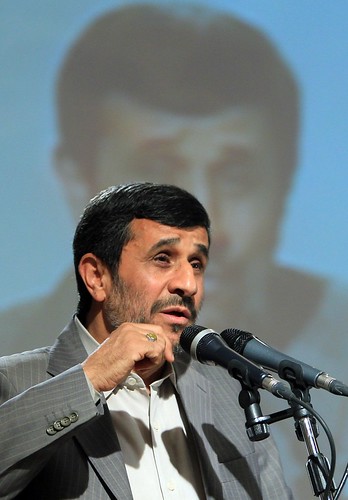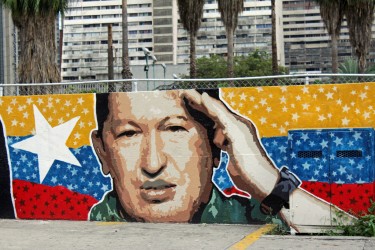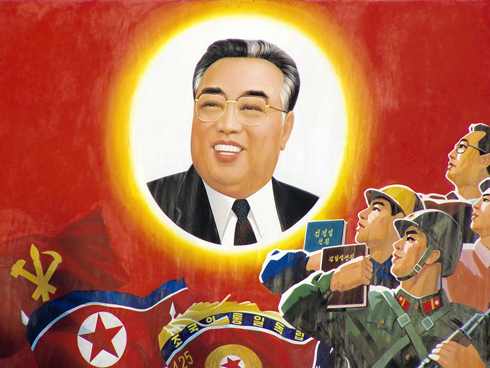
WASHINGTON, DC – Iranian President Mahmoud Ahmadinejad’s preferred successor, Esfandiar Rahim Mashai, will not be running in the June 14 election. Neither will former President Akbar Hashemi Rafsanjani. The disqualification of both sends a strong message from Supreme Leader Ayatollah Ali Hosseini Khamenei. Simply put, Khamenei will not tolerate any diminution of his power, and he is determined to avoid the type of friction that has characterized his relationships with previous presidents, particularly Ahmadinejad.
The disqualification of Mashai and Rafsanjani reveals, once again, the schism embedded at the heart of Iran’s political structure by the dual executive of Supreme Leader and President. When Khamenei publicly supported Ahmadinejad’s controversial reelection in 2009, no one could have predicted the unprecedented tensions that would subsequently emerge between the country’s two main authorities.




